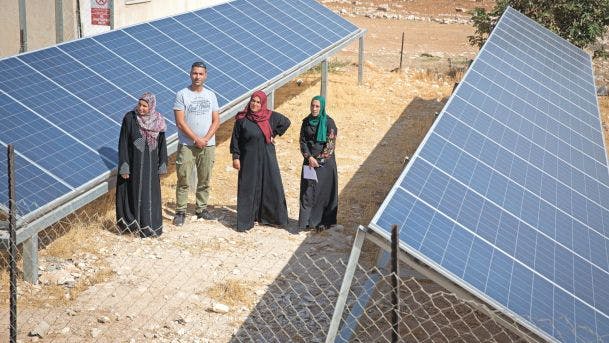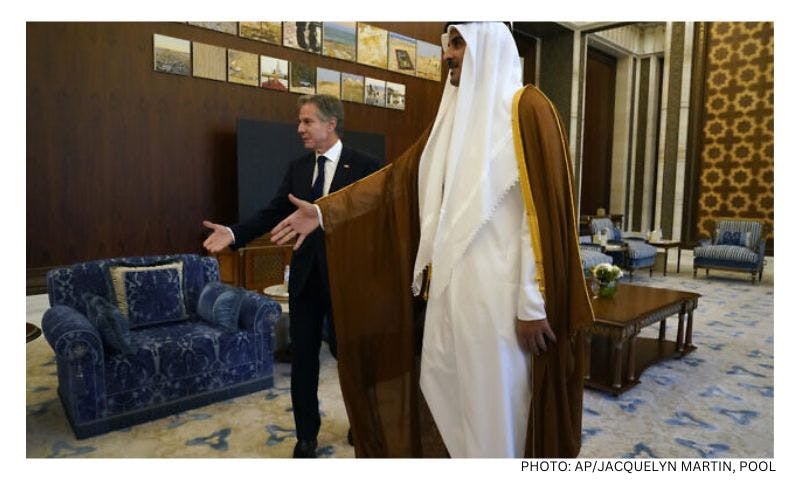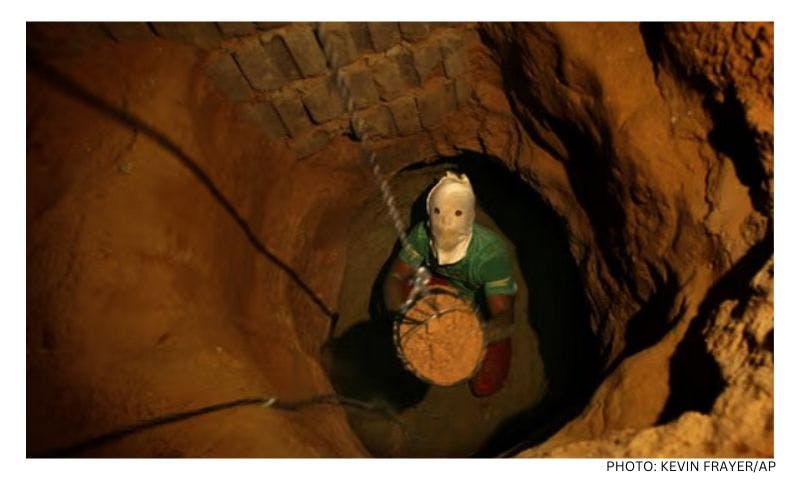Published: 23 October 2017
Last updated: 4 March 2024
The reason given to Haaretz is that the solar panels were installed without the required permits. At the end of September, the confiscated panels were returned.
The reason, as written by Civil Administration head to the lawyers who filed a High Court petition in August against the confiscation: “Given the circumstances of the matter – for one, the period of time that passed from when they were installed until they were taken – I have decided to immediately release the seized objects.” The decision rendered the petition unnecessary.
On October 3, a team from Comet-ME, which had built the hybrid system, reinstalled the panels and reconnected them to the rest of the system, after they were released unconditionally from the Civil Administration warehouses in Gush Etzion.
FULL STORY Electricity returns to Palestinian village, three months after Israel confiscates power (Haaretz)
AND SEE:
Electricity shortage in Gaza leaves residents with as little as four hours of power a day (Haaretz)
Gaza power watch: Who gets electricity and when?
RELATED
Israel seizes solar panels donated to Palestinians by Dutch government Solar power great – but not for West Bank Bedouin
Photo: Electricity returns to Palestinian village Jubbet Adh-Dhib (Emil Salman)



